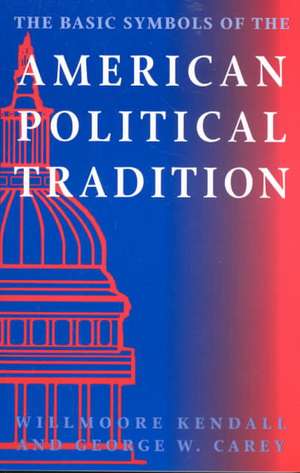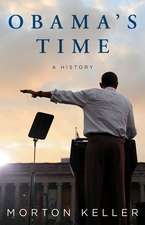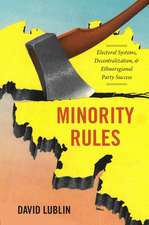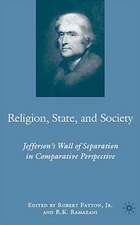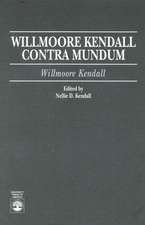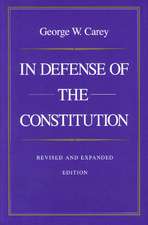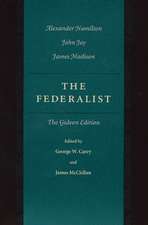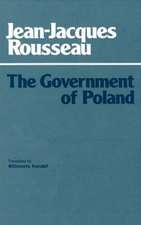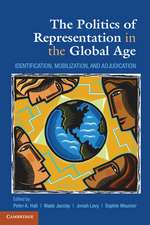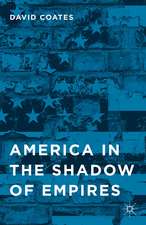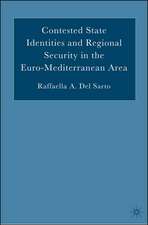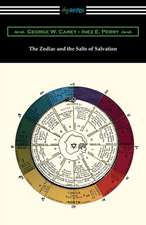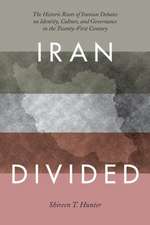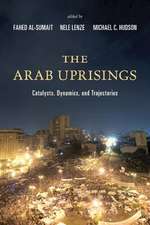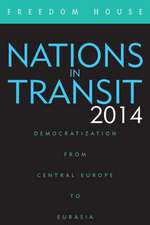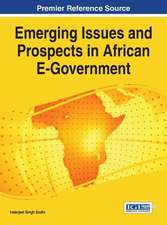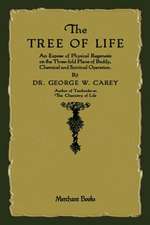The Basic Symbols of the American Political Tradition
Autor Willmoore Kendall, George W. Careyen Limba Engleză Paperback – 31 dec 1994
Preț: 152.15 lei
Nou
Puncte Express: 228
Preț estimativ în valută:
29.11€ • 31.13$ • 24.27£
29.11€ • 31.13$ • 24.27£
Carte tipărită la comandă
Livrare economică 17 aprilie-01 mai
Preluare comenzi: 021 569.72.76
Specificații
ISBN-13: 9780813208268
ISBN-10: 0813208262
Pagini: 200
Dimensiuni: 143 x 216 x 15 mm
Greutate: 0.29 kg
Editura: Catholic University of America Press
ISBN-10: 0813208262
Pagini: 200
Dimensiuni: 143 x 216 x 15 mm
Greutate: 0.29 kg
Editura: Catholic University of America Press
Textul de pe ultima copertă
When it was first published twenty-five years ago, this classic work of political theory gained notoriety because neither its approach nor its interpretations readily fit into any of the major schools of thought dealing with the American political tradition. More significantly, its arguments challenged core tenets of what had become received wisdom concerning the roots of our political beliefs and institutions. Willmoore Kendall and George W. Carey argue that a new, largely contrived political tradition has gained currency in many legal, academic, and political circles. This new tradition, set forth by Lincoln in his Gettysburg address, holds that our fundamental political ideas are derived from the Bill of Rights and the "all men are created equal" clause of the Declaration of Independence. Proponents of this view not only champion individual rights but also believe that the achievement of a broadly defined equality represents a binding but as yet unfulfilled promise made by the American people in the Declaration. Kendall and Carey instead maintain that one must look to the founding era and its key documents in order to understand our indigenous political tradition. In so doing, one sees that the right of the people to govern themselves, rather than the concept of individual rights, is at the heart of the American political tradition. Using the analytical approach developed by Eric Voegelin, the authors examine the documents that are vital to an understanding of our political origins: the Mayflower Compact, the Fundamental Orders of Connecticut, the Massachusetts Body of Liberties, the Virginia Bill of Rights, the Constitution itself, and the Federalist Papers. At the same time, theyconsider questions highly relevant to the subsequent course of American political development.
